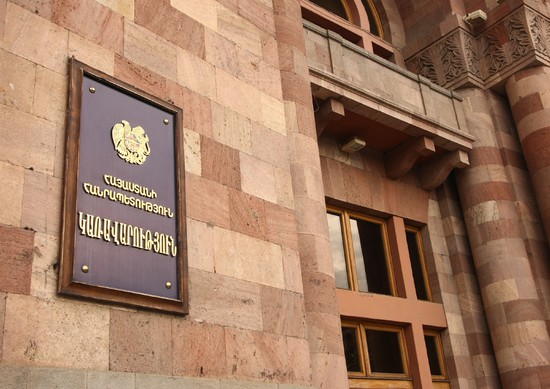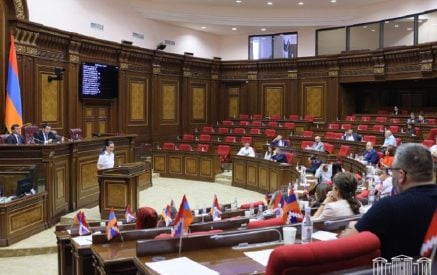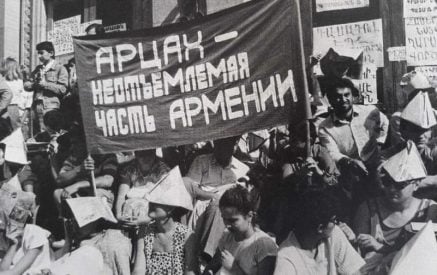Today, numerous credible and incredible assumptions are voiced about who should be included on the staff of the new government. Dozens of names are mentioned, some of which probably are dictated by the owners of these names. But the media assumptions may also be wrong, even “Interfax” is mistaken by sending Seyran Ohanyan to the CSTO Secretary General.
Of course, I am not going to read the tea-leaves. Instead, I will tell my desire. I want to see people in the new government who are unknown to the broad public, I want them to be young, Western-educated, free and creative. Certainly, devoted to our state.
Such people, despite their young age, are ascertained in their spheres, and therefore, they receive high (and more importantly, “white”) salary. Which should make them leave this job if they are not going to steal, take bribes or “get a share” in the businesses? Naturally, the analogical salary.
And here a significant problem arises. Who should give this salary to them? Usually, this question is resolved in Armenia as follows: the minister that has no business and does not steal (though rarely but such thing happens) receives a nominal state salary plus an envelope which exceeds this salary three times more in average. Why is it bad? This minister is not stealing, but anyway, he feels dependent on the “black cash” and on those who distribute the “black money”. I do not think that in this case, he can fully exercise his duties.
Read also
The solution is simple: to raise the salaries of ministers and other officials so that they will be exclusively dependent on the state budget. I understand that the oppositions and populists will make a big fuss if something like this happens. But there is no other way to attract decent people and good professionals.
What are the resources of increasing the salaries? I think it is simple too. The sharp cut down of the number of ministries and other departments. In Switzerland, for example, there are seven ministries, and this country does not seem to suffer from inefficient management. We do not need, for example, a Ministry of Diaspora. It’s just a tool to hold different types of events. There is no need to have a Ministry of Energy.
Public Services Regulatory Commission is dealing with gas and distribution network, the Nuclear Power Plant is a state enterprise with a special status, there is no need to coordinate the work of the remaining energy generating enterprises. The ministries of education, sports, science, and culture can be combined and create one, let’s say, a Ministry of Humanitarian Affairs. Not to speak about various types of SNCOs and PIUs whose existence is not justified in any way.
In addition to the intrigues of appointing positions, sometimes we should think about such matters.
Aram ABRAHAMYAN























































